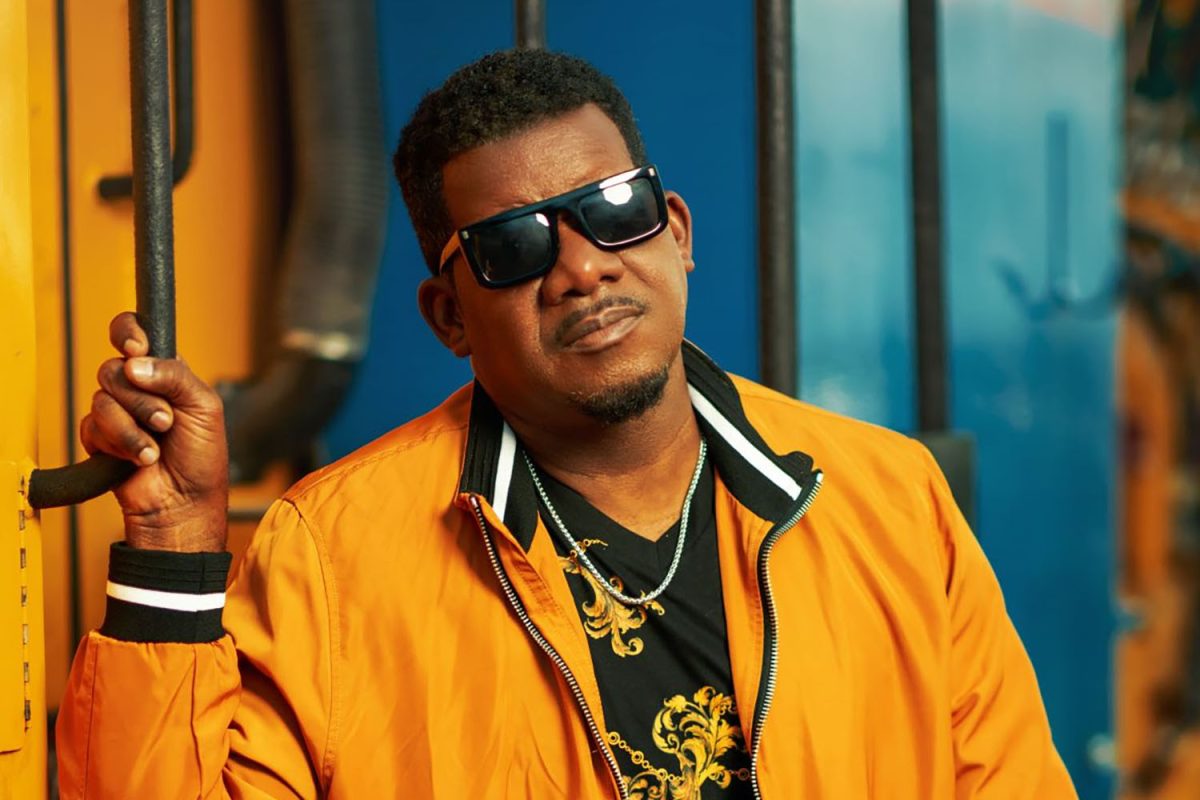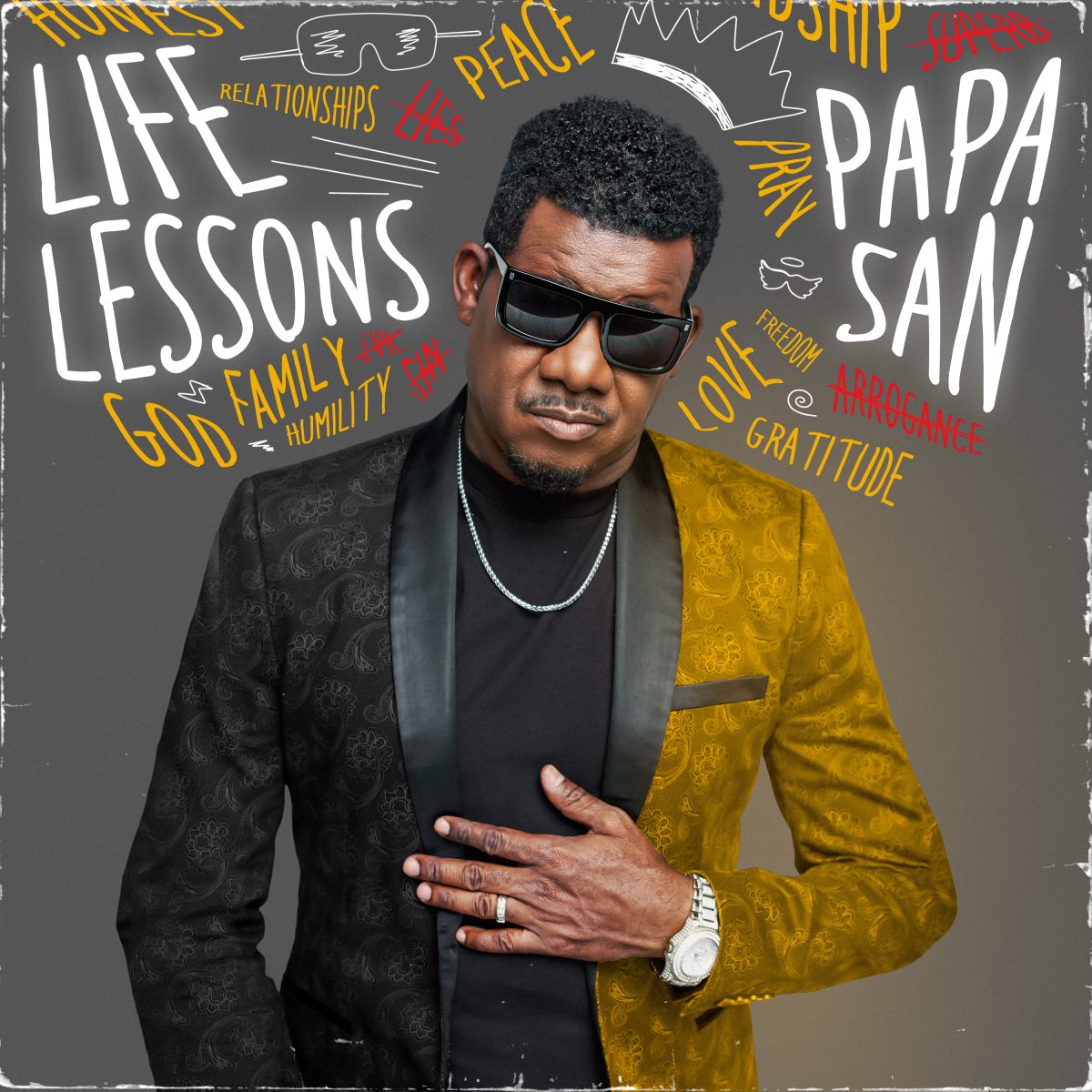Papa San Talks State Of Dancehall Music

Veteran deejay and Minister of the Gospel Papa San has given his highly-anticipated opinion on the current state of Dancehall music in Jamaica.
According to the Animal Style deejay, while from his experience Dancehall beats have always been dynamic and subject to constant change, in order to be considered Dancehall, songs have to possess the genre’s unique identifier which is distinct and constant. However, he pointed out that many of the “new sounds” coming out of Jamaica are bereft of this unique identifier, which has been long pointed out as the “drum patterns”.
“The thing is that Dancehall always evolve over the years, but it always maintain its roots. You can always hear a Taxi different from a Waterbed riddim; they don’t sound alike, but you know its Reggae. And so, we have to have something in it that identifies that it is Dancehall. Keep dah roots deh. And sometimes you find some of the music don’t have that. It more shift towards Hip Hop. So Dancehall is what I stick to because that is the package that we use to carry our content,” the Victory artist explained.
“Every country has its own culture; and its own music. You have Country, you have R&B music, you have African music; you have all kinds of music – Calypso music from Trinidad. So those music are just vehicles to carry your content that you want to deliver,” the artist, whose given name is Tyrone Thompson, said.
Added Papa San: “So Dancehall is one of those things. But sometimes you hear songs that don’t really sound like Dancehall; it sounds like something else. So I like to keep it dancehall. Even if we modernise it, we must always have something in there that identifies that this is a Dancehall track.”
Papa San’s latest album Life Lessons, which was released last Friday, is described as a project “that praises God, balanced with sonics that seamlessly blend with Trap-Dancehall, Dancehall, and Reggae.”

In November last year, acclaimed musicologist Kurt Riley had surmised that the music was subject to change, but that the Trap beats which are being experimented with, ought to be correctly produced and engineered and contain what he describes as the “Dancehall DNA”.
“Change is a must. It cannot stay the same way. But what I always would like is for the DNA to be kept in it, just keep what is true to Dancehall, bit throw your flavour pon it man….If you check the history now, how many songs in the American music industry now that dem sample. What were they? All 90s. How many times dem resample and chip up Diwali, same wid Stalag,” he had said.
In contrast, in March this year, Beenie Man had reprimanded music selector Boom Boom for dedicating what he described as a disproportionately large amount of time to playing “Trap Dancehall” music while shunning “real Dancehall” at his Boom Sundays event. According to Beenie, Boom Boom was among the group of selectors “mashing up” Jamaica’s music.
In May this year, his compatriot Bounty Killer, had doubled down on his stance that he was not in support of the dilution of, or any attempts to replace authentic Dancehall music with Trap sounds.
Bounty had also reiterated that Jamaican artists, who have never recorded any Dancehall or Reggae songs in their lives, ought not to be labelling themselves as “Dancehall artists”, but as of the genre which they exclusively voice under, for example, Trap.
“So I am saying the people who have never done Reggae, you can’t be a Jamaican artiste and you have no Reggae song. You can’t be a Jamaican artiste and you have no Dancehall songs. And den you say you a Dancehall artiste pon top a it. How dat work?” Bounty emphasized.
“Di type a music weh you do, you are dat type a artiste. Suh if you are doing Trap you are not Dancehall artiste. You are a Trap artiste – inna Dancehall,” he had declared.
Weeks prior, following the 2022 Grammy Awards, Bounty also lamented that that while foreigners embrace Jamaica’s genres, some Jamaican musical ‘traitors’ were depriving children of the music of their forefathers and that he was hearing more Rap, Trap, Afrobeat and Drill than reggae in Jamaican parties.
